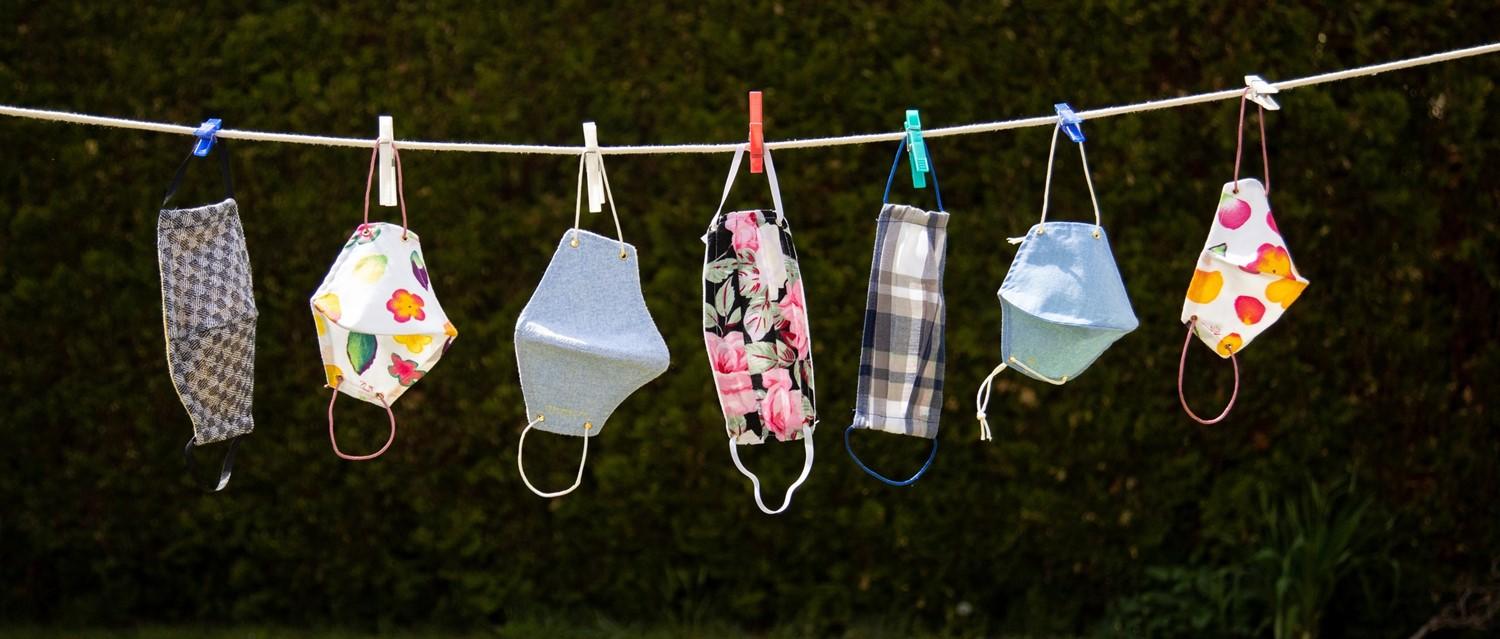
COVID-19 - coping with loneliness this Christmas
Peer reviewed by Dr Sarah Jarvis MBE, FRCGPLast updated by Lydia SmithLast updated 22 Dec 2020
Meets Patient’s editorial guidelines
- DownloadDownload
- Share
- Language
- Discussion
Christmas can be a difficult time. Although many of us see the holiday season as a time to spend with family and friends, it can also exacerbate feelings of loneliness. Not only are we reminded of the loss of loved ones, the pressure to be festive can be overwhelming.
In this article:
Amid the ongoing pandemic too, many people are struggling with grief, financial instability and social isolation. So how can you cope with loneliness over the holidays?
"For a start it is impossible to avoid the Christmas period, so it exacerbates the emotional and physical pain people experience on a daily basis," says Counselling Directory member Dee Johnson.
"The pressure and expectation to be full of fun and happiness, surrounded by loved ones, can be crushing. Adverts and programmes imprint messages that the festive season is about reaching out, having loving connections, bonding and supporting."
There are many reasons for loneliness around the holidays, including bereavements, family disputes, lost relationships, loss of income or physical and mental health problems. All of these are exacerbated this year because of regulations and concerns around COVID-19.
"Mental health disorders are a major contributing factor: depression, agoraphobia, eating disorders, OCD, addictions, anxiety, to name a few," Johnson says. "The immense difficulty of dealing with this may drive someone to avoid and detach, causing more loneliness, shame and guilt because they cannot face having to pretend they are OK. It can be literally too crippling and overwhelming."
It's also important to remember that loneliness doesn't necessarily mean someone is physically isolated. "Domestic abuse - including coercive control - or being in the depths of depression and battling internal demons, are all fearful, empty places," Johnson adds.
Continue reading below
Why Christmas 2020 may be especially difficult
Being physically and emotionally connected to others is vital to sustaining our mental well-being, but 2020 has changed things drastically. We haven't been able to see family and friends, many of us have been working from home and we've not been able to do our usual social activities.
And for many, Christmas will be a difficult reminder of the loved ones we've lost during the pandemic. The economic fallout of COVID-19 has made life extremely hard for a lot of people - and it's likely many of us won't be seeing family like we normally would.
According to a survey of UK adults which took place during lockdown, one in four said they had feelings of loneliness in the 'previous two weeks'. Last year, Campaign to End Loneliness reported there were nine million lonely people in the UK before the pandemic - a figure that is likely to have risen significantly since restrictions came in.
"In order to protect and help each other survive, we have had to disconnect from each other - going against our nature, drives and desires," Johnson explains. "People with mental health battles that already dictate loneliness are really struggling. Webcam meet-ups, hangouts, quizzes have been great, but as pack animals we need stronger connection that binds and bonds us.
"Being lonely destroys self-worth, confidence and sense of purpose, and can often bring a sense of shame for being in this situation," Johnson adds. "So it becomes impossible, embarrassing to ask for help or admit the problem."
How to cope with loneliness
Don't be afraid to speak up
Speaking to trusted friends, relatives or co-workers about how you feel can often lift the weight off your shoulders and help you feel less isolated. "The very act of starting by telling one person can set you on the right path. Just hearing yourself say it means you have already started connecting," Johnson says.
"Reaching out to people is so easy to say and so scary to do. If you can think of just one person you know that you can speak to about how much you are struggling, do it."
Say yes to things
When we feel lonely, it can be easy to slip into the habit of saying no to social activities. Loneliness can make it hard to feel motivated or energetic - and the thought of seeing people can lead to anxiety.
Johnson advises starting to say yes to activities and building up your confidence. Even going for a short walk with a friend and a takeaway coffee can make a huge difference to your well-being. Pick up the phone and have a chat with someone you've been meaning to contact.
"Try not to hide behind social media connections too," she adds. "You still need to physically see or speak to people too. Try not to always text, but to talk instead."
Engage in self-care
Loneliness can lead to low mood, anxiety and other mental health issues, which can make day-to-day activities like showering seem impossible. It's important to go easy on yourself and take things one step at a time.
Looking after yourself can be especially hard for someone who is grieving the loss of a loved one. Make time for the things you enjoy, like reading, walking or exercise - and give yourself a break if you need to.
Remember you aren't alone
No matter what you're going through, it's essential to remember that you aren't alone. "We can all play a part by smiling or saying hello to someone, chatting in supermarket queues or making light conversation with strangers," Johnson says. "It may be the first conversation they have had in a long time." Just remember to stay socially distanced from people outside your household and wear a mask where required to protect yourself and those around you from COVID-19.
Think about people you haven't connected with for a while and make the effort to get in touch. Someone may be struggling in secret - and a quick chat can make a huge difference.
Seek professional help
It can also help to see your GP if loneliness is affecting your mental health. They may recommend talking therapies such as counselling to help build your self-worth, and to help you find coping strategies or process any issues.
If you're struggling with grief, grief counselling can be a helpful way to process loss. Your GP will be able to advise on the best course of action for you, but you can also access support via organisations such as Cruse Bereavement Care. Local services and mental health charities can provide confidential advice and support too.
Patient picks for General information

COVID-19
Why are Black and Asian people at greater risk from COVID-19?
A new national review found that Black and Asian people are more likely than white people to die from COVID-19. To save lives, doctors and patients need specific advice to understand how and why the virus is impacting people of different ethnicities in different ways.
by Ellie Broughton

COVID-19
How to choose the right face mask for you
Face masks and coverings have become a familiar sight over the last year as we all work together to bring the coronavirus pandemic under control. But with so many on the market, are any face masks better than others and what should you be looking for in a face mask?
by Milly Evans
Continue reading below
Article history
The information on this page is peer reviewed by qualified clinicians.
22 Dec 2020 | Latest version

Ask, share, connect.
Browse discussions, ask questions, and share experiences across hundreds of health topics.

Feeling unwell?
Assess your symptoms online for free
Sign up to the Patient newsletter
Your weekly dose of clear, trustworthy health advice - written to help you feel informed, confident and in control.
By subscribing you accept our Privacy Policy. You can unsubscribe at any time. We never sell your data.